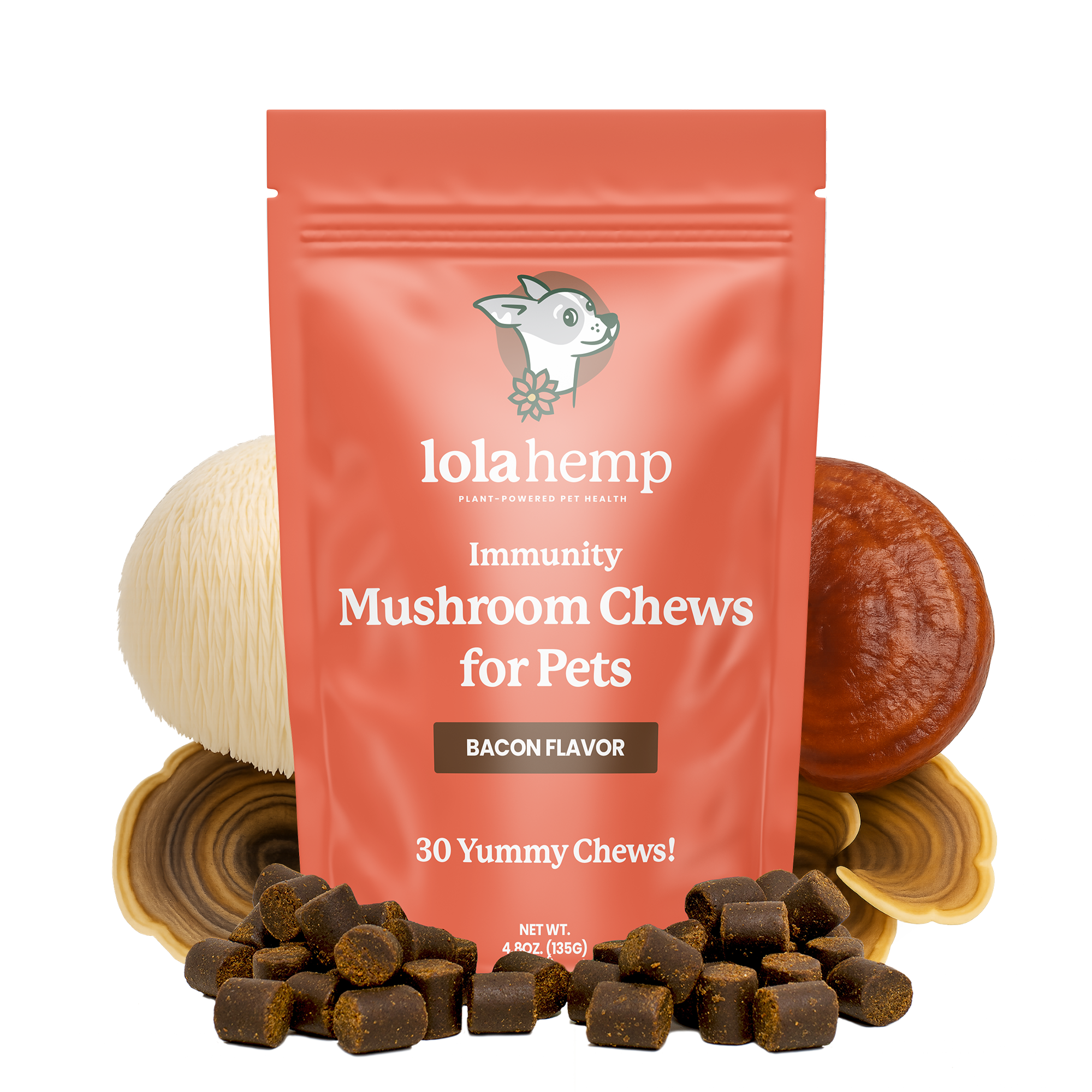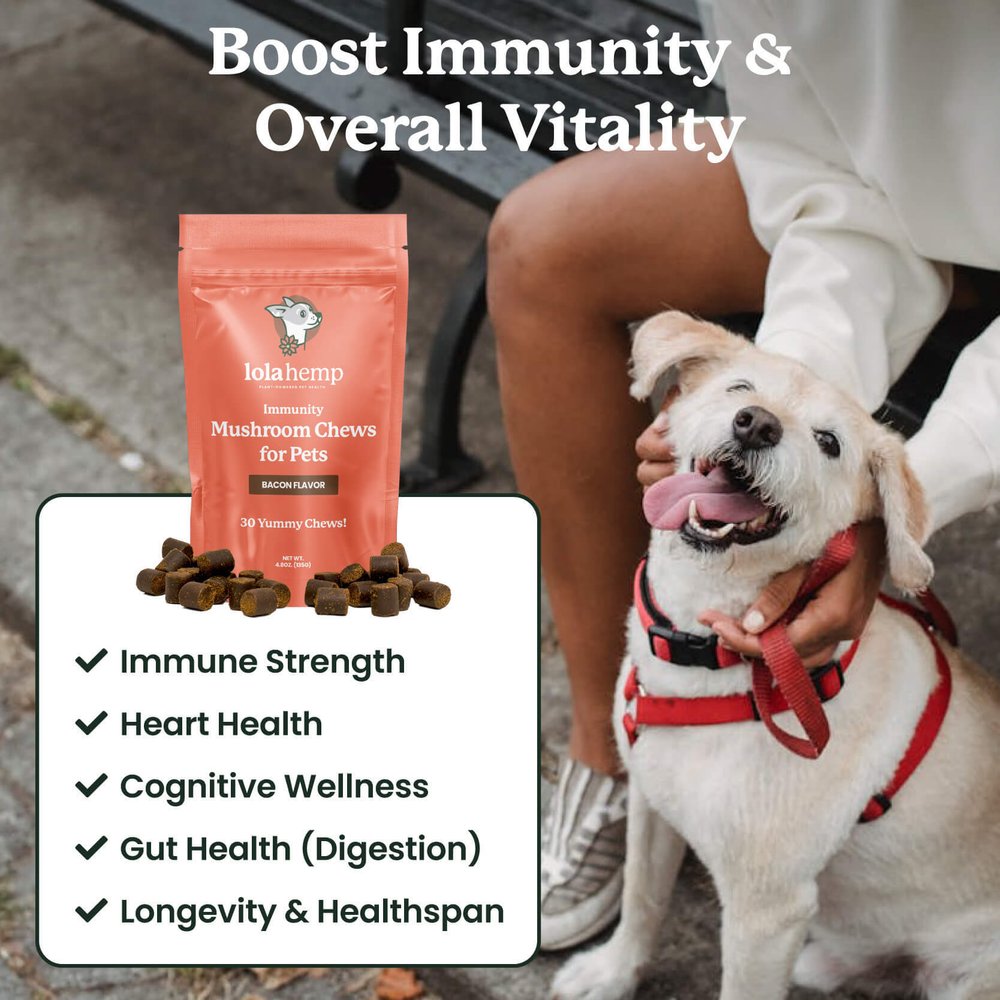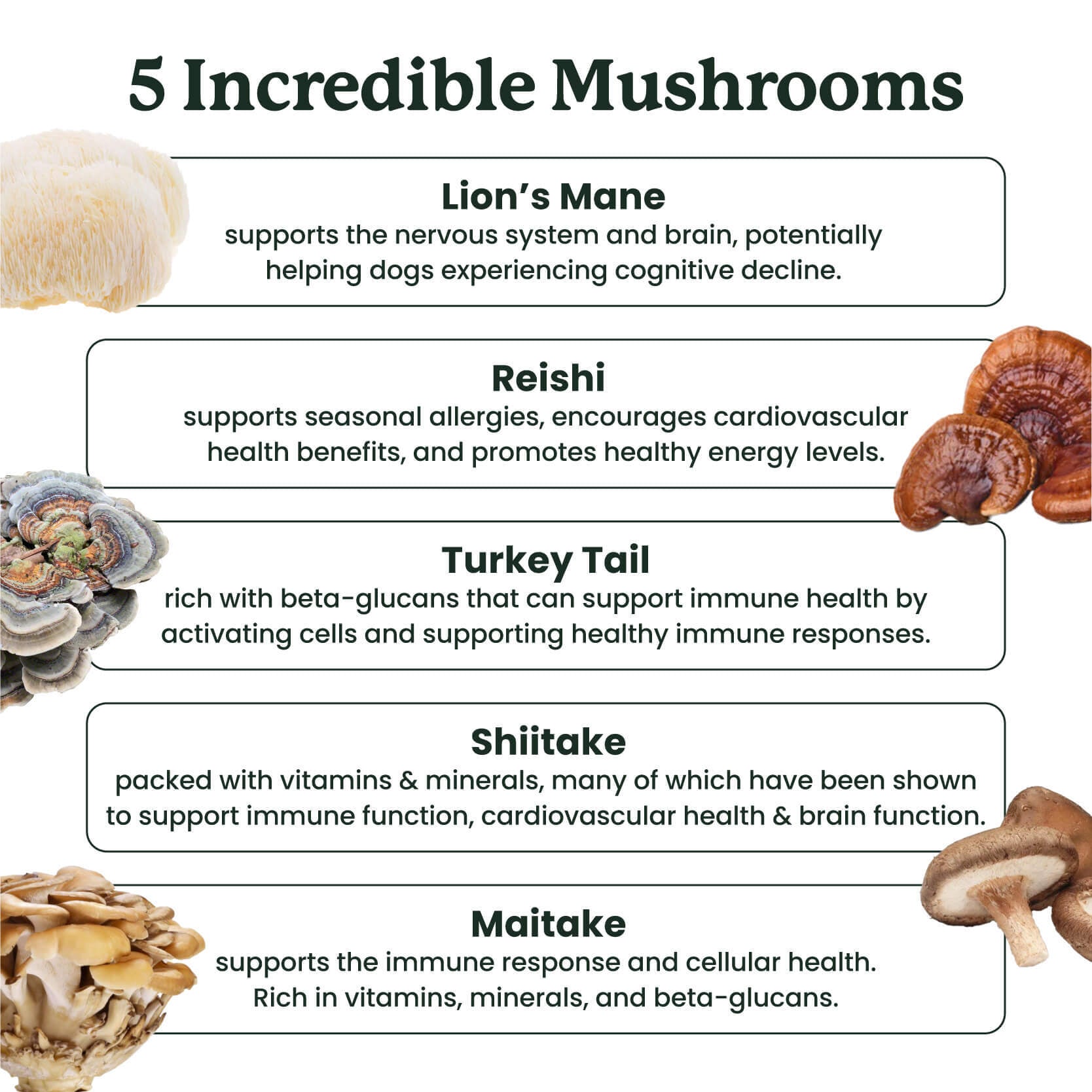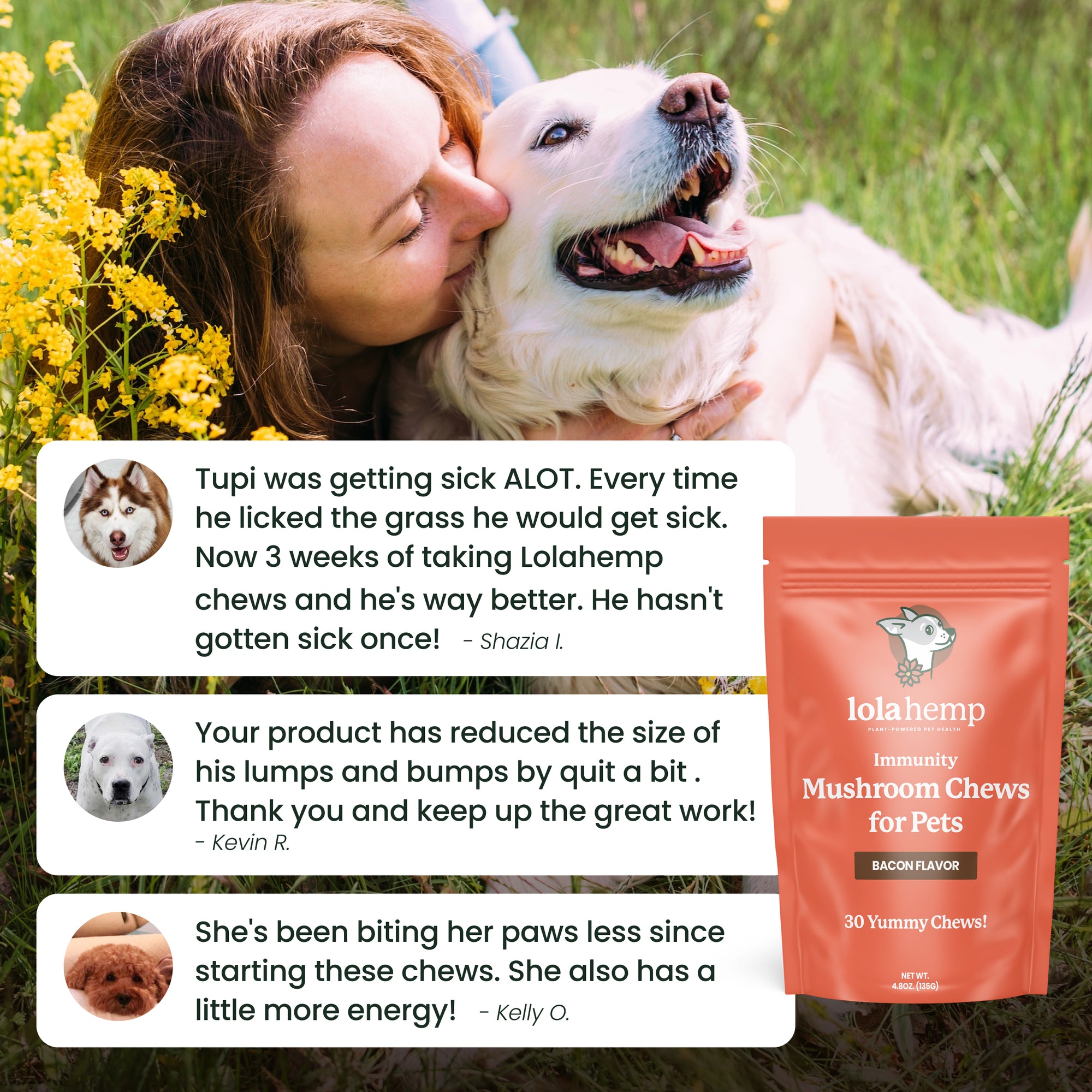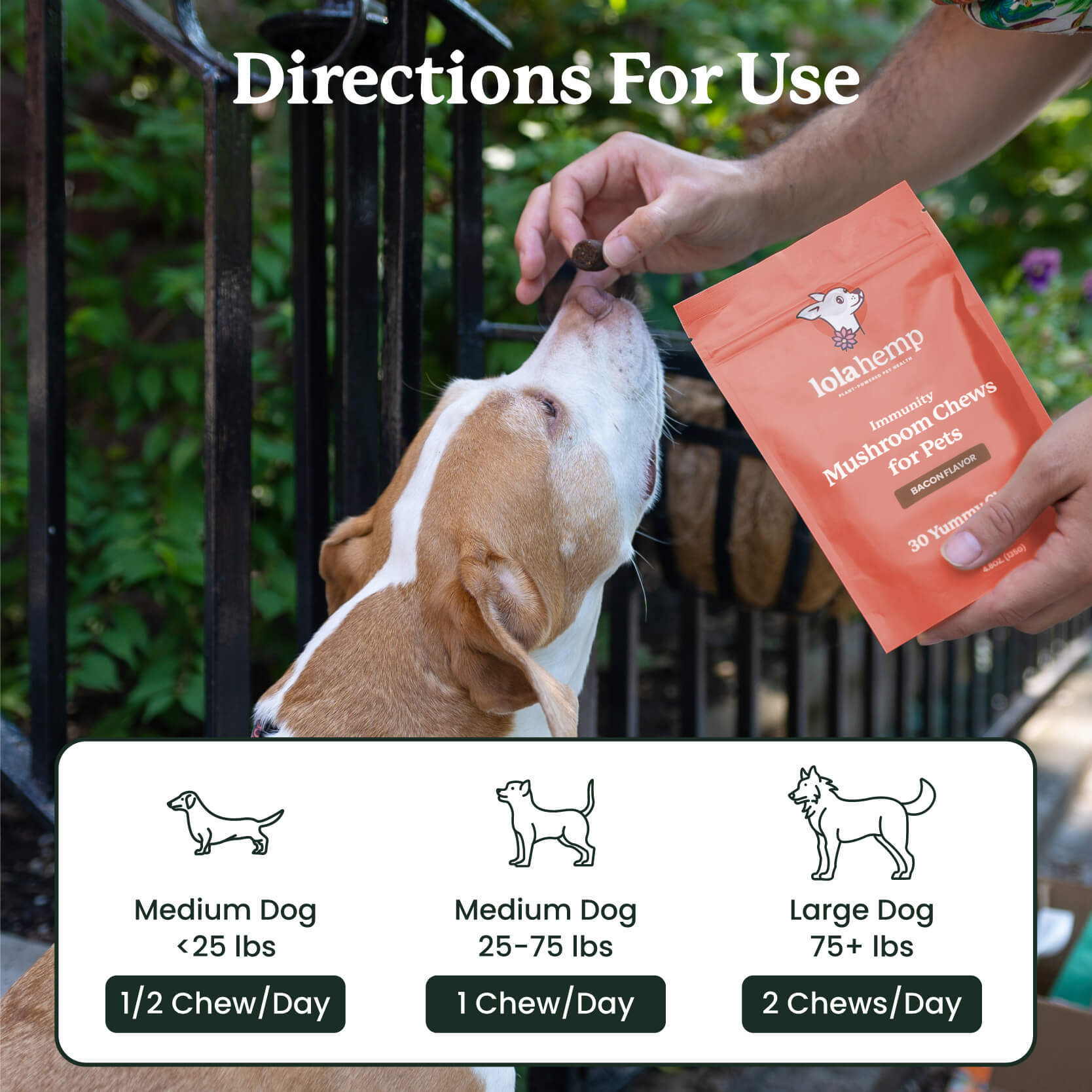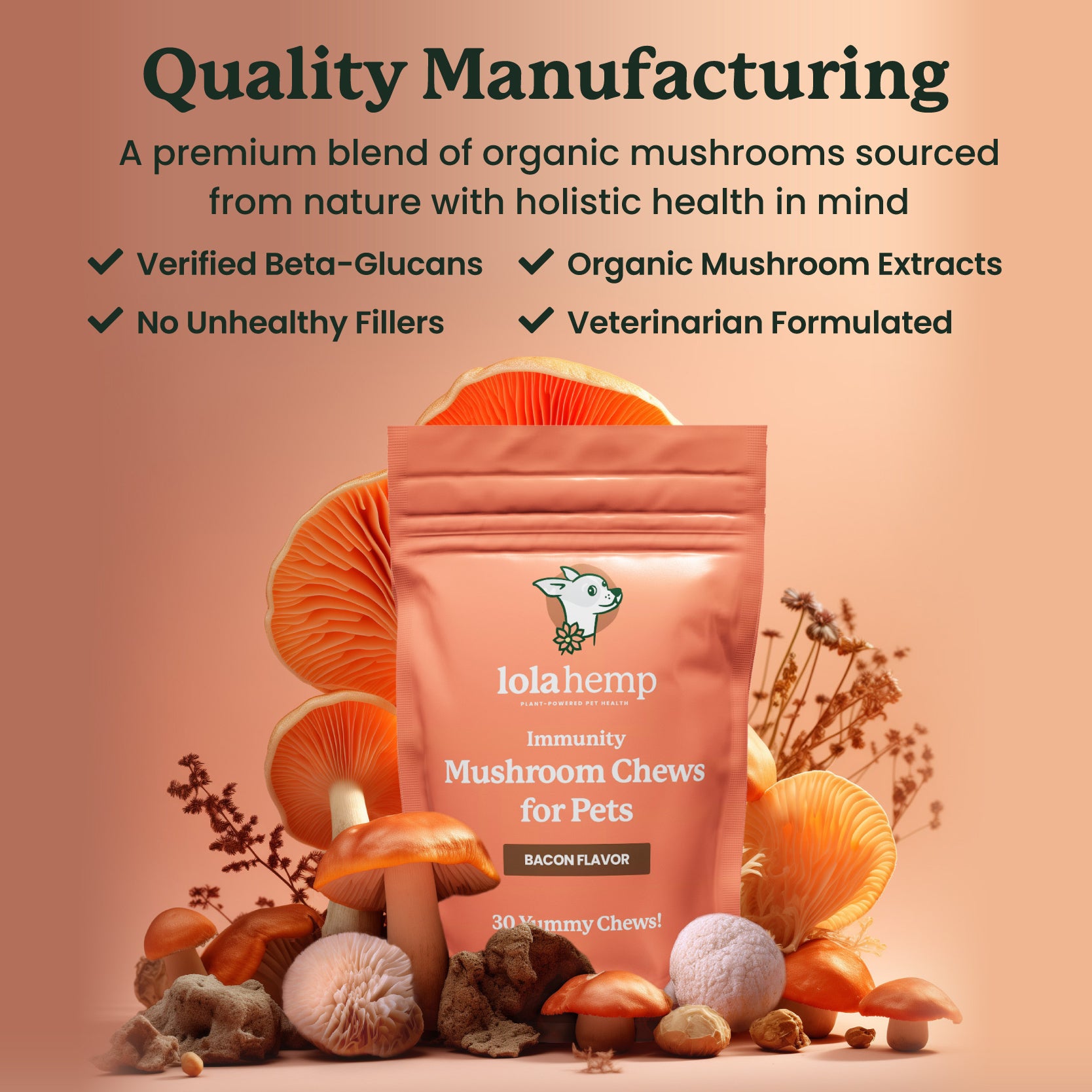Sauerkraut can be a healthy addition to your dog’s diet in moderation, offering a variety of vitamins, minerals, and probiotics that support overall well-being. Its probiotic content promotes gut health, aids nutrient absorption, and even supports cardiovascular function by helping regulate cholesterol and fat metabolism.
To minimize digestive upset, introduce it gradually, rinse to reduce acidity, and serve in small portions mixed with their regular food. Additionally, ensure that the sauerkraut is free from additional ingredients or flavorings, as many human ingredients are dangerous for dogs. This article further explores sauerkraut's benefits for dogs, helping you decide if it's a good option for your canine companion.
- Can Dogs Eat Sauerkraut? (Yes, But in Moderation)
- The Benefits of Sauerkraut for Dogs
- Potential Risks of Feeding Sauerkraut to Dogs
- How to Feed Sauerkraut to Your Dog
- Probiotic Alternatives to Sauerkraut for Dogs
- Final Thoughts: Is Sauerkraut Good for Dogs?
- Frequently Asked Questions About Sauerkraut for Dogs
Can Dogs Eat Sauerkraut? (Yes, But in Moderation)
Yes, dogs can eat sauerkraut, but only in small amounts and without harmful additives. This fermented cabbage is packed with vitamins, minerals, and probiotics that support digestion, immune health, and overall well-being. However, store-bought versions often contain high sodium or toxic ingredients like garlic and onions, so homemade sauerkraut is the safest option. Below, we’ll cover its benefits, risks, and the best ways to feed it to your dog.
The Benefits of Sauerkraut for Dogs
Sauerkraut is rich in essential nutrients that can enhance your dog’s health:
- Gut Health & Digestion: Probiotics from fermentation promote healthy gut flora, aid digestion, and improve nutrient absorption.
- Immune Support: High in vitamin C, sauerkraut helps strengthen the immune system and supports red blood cell production.
- Joint & Heart Health: Antioxidants reduce inflammation, while probiotics help regulate cholesterol and fat metabolism for better cardiovascular function.
- Stronger Bones & Teeth: Calcium and vitamin K contribute to healthy bones, teeth, and brain function.
Sauerkraut can be especially beneficial for senior dogs, those with digestive issues, and overweight dogs needing metabolic support.
Potential Risks of Feeding Sauerkraut to Dogs
While sauerkraut has health benefits, there are a few concerns to keep in mind:
- High Sodium Content: Many store-bought sauerkrauts contain excessive salt, which can be harmful to dogs, especially those with heart or kidney conditions.
- Potential for Stomach Upset: The probiotics in sauerkraut can cause gas or mild digestive issues when first introduced. Start with small amounts to see how your dog reacts.
- Toxic Additives in Store-Bought Sauerkraut: Some brands add garlic, onions, sugar, or spices like caraway and fennel, all of which can be dangerous for dogs. Always check ingredient labels or opt for homemade sauerkraut.
How to Feed Sauerkraut to Your Dog
To safely add sauerkraut to your dog’s diet:
- Stick to Small Portions: Start with a teaspoon for small dogs or a tablespoon for larger dogs a few times a week.
- Choose Plain, Unpasteurized Sauerkraut: Avoid store-bought varieties with additives or excessive salt.
- Rinse Before Serving: If using store-bought sauerkraut, rinse it to reduce sodium content.
- Mix with Other Foods: Stir a small amount into their regular meals to make it more palatable.
For probiotic variety, you can also rotate sauerkraut with other dog-friendly fermented foods like plain yogurt, kefir, or kimchi (without garlic or spices).
Probiotic Alternatives to Sauerkraut for Dogs
While sauerkraut is a great source of probiotics, there are other dog-friendly options that offer similar digestive and immune benefits:
- Plain Yogurt: A widely available source of probiotics, yogurt contains beneficial bacteria that support gut health. Choose unsweetened, unflavored varieties without artificial sweeteners like xylitol.
- Kefir: This fermented milk drink has a higher concentration of probiotics than yogurt and can help with digestion, inflammation, and overall gut balance. Opt for unsweetened, low-lactose versions.
- Pumpkin with Probiotics: Many pet-specific pumpkin blends include added probiotics, offering digestive support along with fiber to promote regularity.
- Fermented Vegetables (Without Spices): Besides sauerkraut, other fermented veggies like plain kimchi (without garlic or chili) or fermented carrots can provide probiotic benefits in small amounts.
- Probiotic Supplements: If your dog has digestive issues, a high-quality probiotic supplement formulated for dogs (such as a delicious mushroom supplement) may be the easiest way to support gut health.
Rotating different probiotic sources can help maintain a balanced gut microbiome while ensuring variety in your dog’s diet. If your dog has allergies, lactose intolerance, or sensitivities, consult your vet before introducing new probiotic-rich foods.
Final Thoughts: Is Sauerkraut Good for Dogs?
Sauerkraut can be a great probiotic-rich addition to your dog’s diet when fed in moderation and free from harmful ingredients. It supports digestion, immunity, and heart health, making it particularly beneficial for older dogs or those with digestive issues. However, always introduce it gradually, check labels for additives, and consult your vet if your dog has any pre-existing health conditions.
Frequently Asked Questions About Sauerkraut for Dogs
Can dogs eat sauerkraut safely?
Yes, dogs can safely eat plain sauerkraut in small portions as long as it doesn’t contain harmful ingredients like garlic, onions, or excessive salt.
How much sauerkraut can I give my dog?
Start with one teaspoon for small dogs or one tablespoon for large dogs a few times per week. Always monitor for digestive changes.
Can sauerkraut upset a dog’s stomach?
Some dogs may experience mild gas or loose stools when first eating sauerkraut due to its probiotic content. Introduce it gradually to avoid discomfort.
Is store-bought sauerkraut okay for dogs?
Only if it’s plain and low in sodium. Most store-bought sauerkraut has added salt or spices, so rinsing and checking ingredients is important.
What are good probiotic alternatives to sauerkraut for dogs?
Plain yogurt, kefir, pumpkin blends with probiotics, and fermented carrots are all good alternatives for supporting gut health.

